Education Leadership Retreat 2024: Empowering Changemakers & Transformative Leaders
Spread over three days, this unprecedented retreat convened in the Himalayan foothills attracted 70 promoters, trustees, and principals of K-12 schools from 16 states across the country – writes Summiya Yasmeen
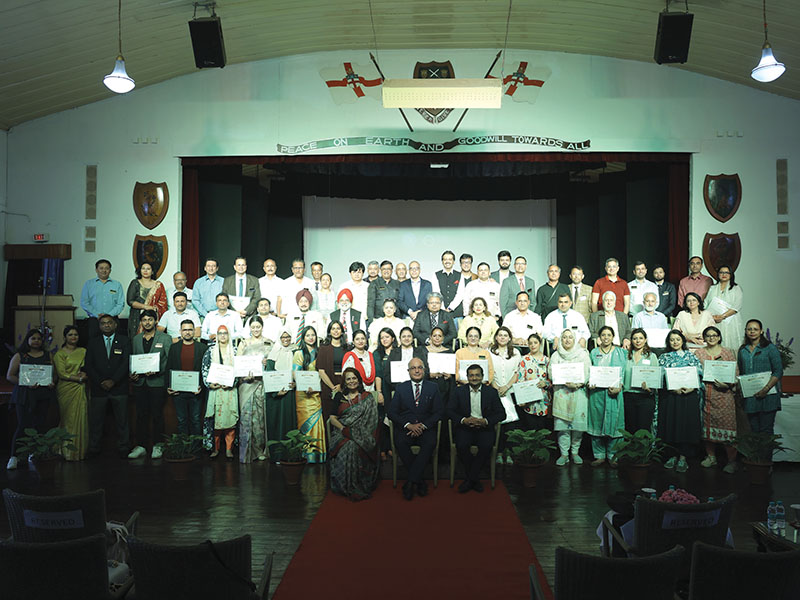
Cheerful delegates with ELR 2024 participation certificates
he inaugural Education Leadership Retreat (ELR) 2024, organised by EducationWorld and the Boarding Schools’ Association of India (BSAI) convened at the top-ranked Pinegrove School, Dharampur (Himachal Pradesh), concluded on May 11.
Spread over three days (May 9-11), the fully-residential retreat attracted 70 promoters, trustees and principals of K-12 schools from 16 states across the country. This unprecedented initiative was an outstanding success with all delegates demanding follow-up leadership workshops. Because of pressing demand, two more retreats/workshops are scheduled for the fiscal year ending March 31, 2025 — in Varanasi (December) and Udaipur (March).
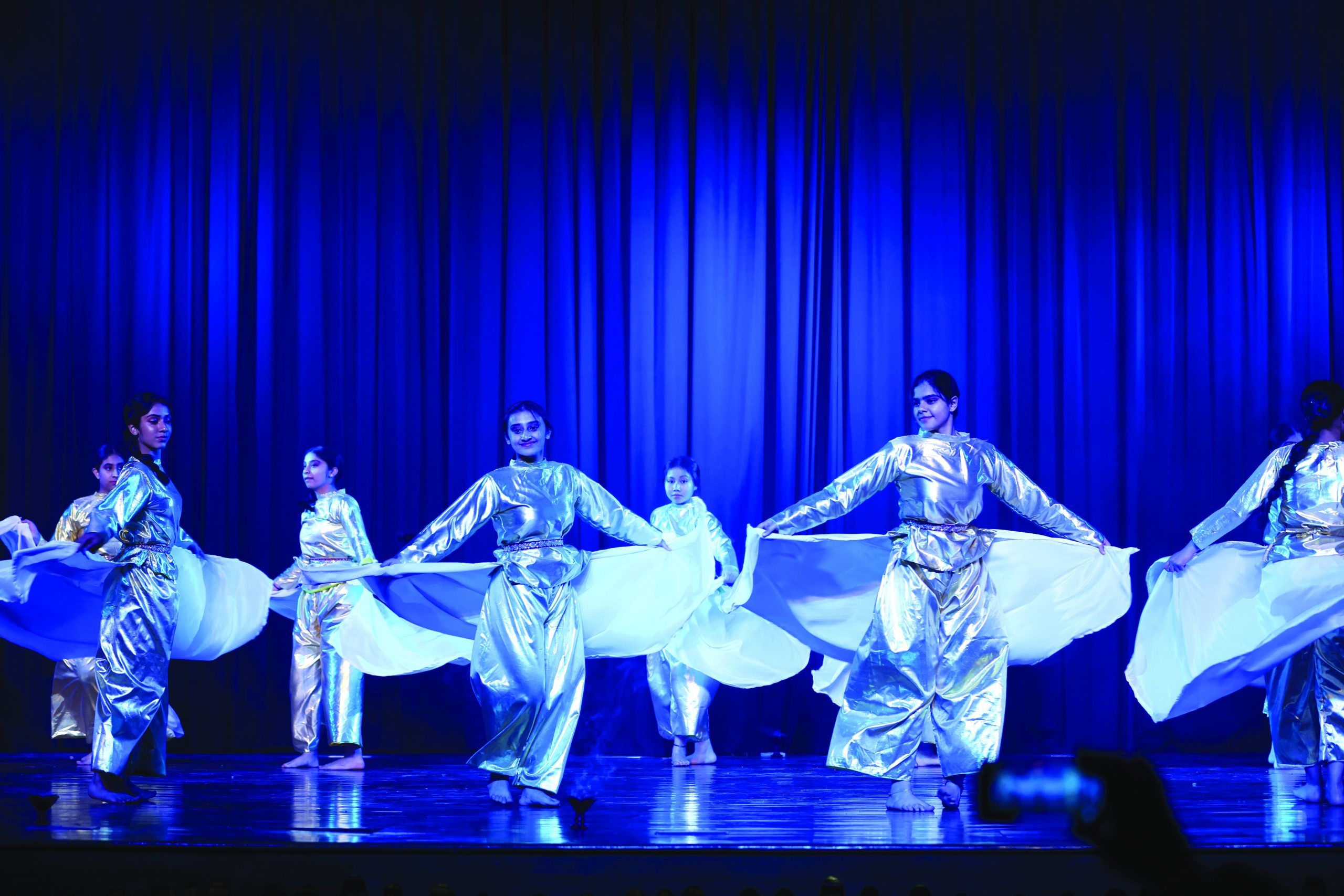
Pinegrove School, Solan musical entertainment programme
The objective of the retreat driven by the theme ‘Empowering Changemakers & Transformative Leaders’ featuring Masterclasses and panel discussions conducted by proven primary-secondary education leaders supported by yoga and mindfulness sessions in the scenic Himalayan foothills, was to provide a learning forum for delegates to upgrade their leadership skills.
“For the country to attain the ambitious goals of Viksit Bharat and $30 trillion GDP economy by 2047 set by Prime Minister Modi, our children and youth have to be well-educated and trained to become competent and capable leaders within the next 23 years. And the responsibility of nurturing and developing tomorrow’s leaders in all walks of life has devolved upon today’s education leaders. Therefore, it’s very important for education leaders themselves to learn continuously and upgrade leadership and mentoring skills to develop their students into knowledgeable school-leavers ready to assume leadership roles in business, industry, politics and society. The EW-BSAI Education Leadership Retreat 2024 has been conceptualised to provide such a forum for school leaders to share and exchange best practices and level up their leadership skills,” said Dilip Thakore, Publisher/Editor of EducationWorld, in a message to delegates.
Ideated and designed by Bhavin Shah, CEO, EducationWorld, and BSAI President Dr. Sumer Singh, the three-day ELR 2024 was carefully curated for school leaders to deliberate the most pressing issues confronting primary-secondary education and develop leadership skills to confront and manage them. “From teacher development to crisis management and cultivating global citizenship in schools, the Masterclasses have been designed to ensure that delegates learn, upskill and return to their institutions with valuable, practical strategies to develop their schools into globally benchmarked K-12 institutions,” said Shah, welcoming delegates to the inaugural ELR 2024, convened on the scenic twin campuses of Pinegrove School in Himachal Pradesh.
“The Masterclasses were led by three principals with outstanding leadership capabilities and the other two by former government policy formulators with wide experience in India and abroad. This three-day retreat provides an ideal forum for school leaders to learn from knowledgeable practitioners and to network with peers to share experiences and best practices,” said BSAI president Dr. Sumer Singh, also former headmaster of the top-ranked The Daly College, Indore and Lawrence School, Sanawar, in his welcome address.
Edunext Technologies Pvt. Ltd, Noida and BenQ India Pvt. Ltd, Gurgaon were corporate partners for the inaugural EW-BSAI leadership retreat.
In the pages following, we present an abridged report of ELR 2024.
May 9. School leaders from 16 states flew into Chandigarh and drove to the venue — the wholly residential co-ed Pinegrove School, Dharampur, sited on two campuses aggregating 50 acres in Solan, Himachal Pradesh. In the EducationWorld India School Rankings 2023-24, Pinegrove is ranked India’s #1 co-ed boarding school. Following a conducted campus tour of Pinegrove School, Day 1 of the retreat concluded with a Musical Evening staged by Pinegrove students and a banquet hosted by Dr. A.J. Singh, Executive Director of Pinegrove School and Vice President, BSAI.
May 10. Following a Sunrise Yoga class conducted by certified yoga trainer Tarun Thakur, Dr. Sumer Singh delivered a 20-minute keynote address titled ‘Student Leadership: Education for Life’.
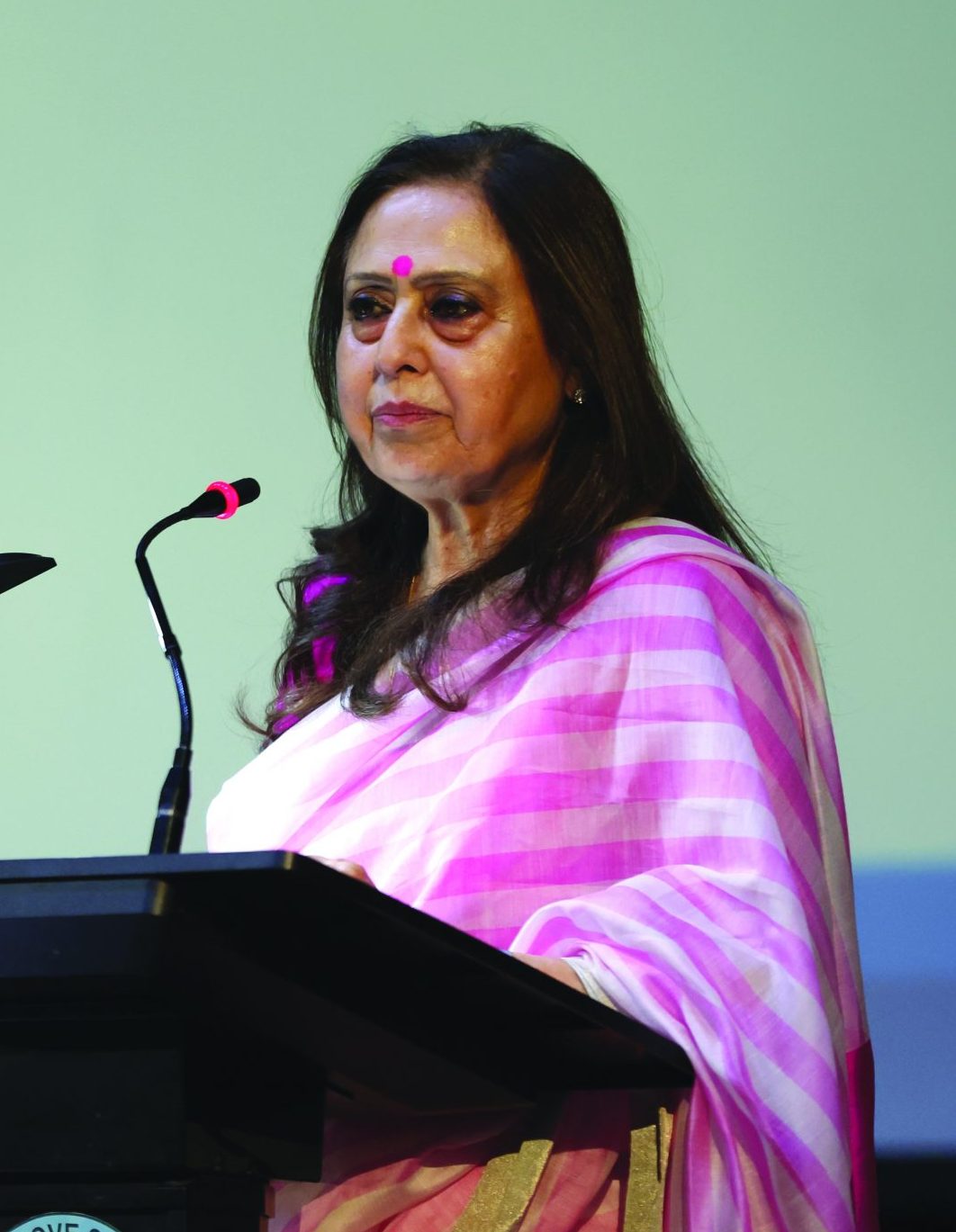
Dr. Ameeta Wattal: empower teachers call
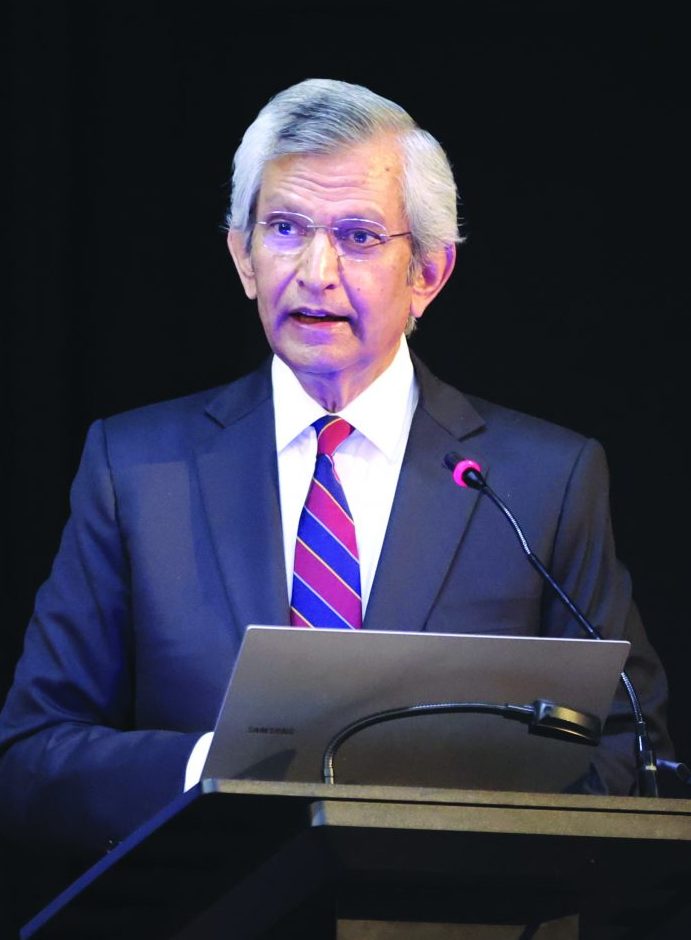
Dr. Trivedi: 12 habits recommendation
In the first MasterClass of the morning, Dr. Ameeta Mulla Wattal, Chairperson and Executive Director of Education at DLF Foundation Schools, Gurgaon and member of the governing boards of Lady Irwin College, Delhi and Delhi Teachers University, kickstarted the retreat with a tour de force hour-long address on ‘Empowering Teachers for Classrooms of the Future’.
During this MasterClass lecture which set the tone for this unprecedented leadership retreat, Dr. Wattal emphasised the urgent need for school leaders to invest teachers with competencies and skills to develop the critical thinking skills and creativity of children. In her widely acclaimed 70-minute presentation, Dr. Wattal enumerated the academic and life skills that children will need in the 21st century.
“In creative classrooms, the teacher is not the font of wisdom. She learns together with students opening their minds to curiosity, discovery and innovation. She doesn’t encourage hyper-competition and builds a culture of peace in her classroom. Integration of the United Nations’ 17 Sustainable Development Goals (SDGs) into lessons and conversations has become mandatory as is development of children’s digital, ecological, cultural, global and emotional literacy,” said Dr. Wattal.
Underscoring the importance of teachers preparing children with the skills to navigate this century’s two major crises — climate change and human resource development — she said: “Teachers have to innovate to bring these issues in classrooms and teach children how to evolve from consumers into creators, and develop their reflection, resilience and relationship building skills. Today’s teachers need to teach children to do things differently, not just better,” said Wattal, concluding with an exhortation to the assembled educators to “empower teachers with the competencies to think in new ways and innovate to build creative classrooms of the future.”
After a 20-minute tea break, Dr. Prajapati Trivedi, former Secretary, Government of India, and currently the London-based Commonwealth Secretary-General’s Special Envoy for Sustainable Development Goals and visiting faculty at the Harvard Kennedy School of Government, delivered the second MasterClass of the morning — ‘Building High-performing Schools — A Primer for Education Leaders’.
Drawing on his experience of training over 2,000 senior civil servants from 56 countries of the Commonwealth and 17 states of the Indian Union, Dr. Trivedi opined that “good principles of institutional management are transcendental in their application” and successful education leaders are defined by their capability to implement innovative ideas and programs at the right time with effective follow-up. “Successful implementation depends on effective follow-up, accountability and results-based management. This is critical to building high-performing schools,” said Trivedi, an alum of the London School of Economics and Boston University (USA) with over four decades of experience in government administration.
“Within good systems with strong accountable school leaders, teachers respond to leadership and excel. Therefore, spend time and effort in devising robust standard operating procedures and codify best management practices. This will enable principals to build great education institutions that manage change without disruption,” he advised the 70 principals and school leaders from 55 primary-secondaries countrywide who convened in Solan for this unique school leadership retreat.
Before concluding, Dr. Trivedi presented his shortlist of “12 habits of highly effective governments”, recommended for academia leaders. Among them: preparing systems and processes for management; measuring performance; whole institution planning; accountability from top-down; explicit and unambiguous assignment of accountability; devising appropriate incentive systems and effectively integrating them with HR systems and budgets; building a transparency culture, developing effective communication strategies and providing strong and unambiguous legal foundation for institutions under their care. “Leaders who aspire to build high-performing schools must close the gap between katni (words) and karni (deeds),” he advised the august assembly.
The morning session ended with a ten-minute presentation by Shubhankar Pathak, General Manager, marketing, Edunext Technologies Pvt. Ltd (estb.2012) on ‘Strengthening Communication, Streamlining Operations’, during which he highlighted the distinguishing features of the company’s flagship EduNext ERP which ensures efficient functioning of academic institutions.
The post-lunch session of the inaugural day began with an informative presentation by Deepika Singh, an alumna of the Stanford Graduate Business School and TeDx speaker, on ‘Exposing Hidden Dangers Targeting Schools & Children’. During her 20-minute data-driven presentation, Dr. Singh exhorted school leaders to pay close attention to the rising incidence of online predators targeting schools and children, and the importance of investing in cyber safety and security systems.
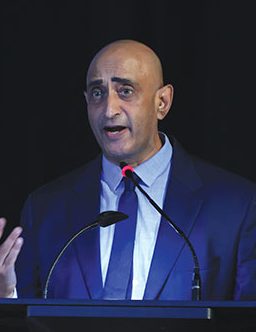
Sandeep Kumar: local & global focus
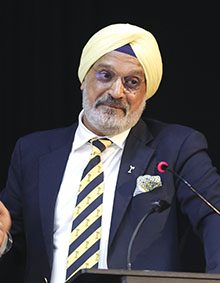
Dr. Jagpreet Singh: practical advice
In the afternoon session, Sandeep Kumar, an alum of Delhi and Cambridge (UK) universities and former India Ambassador to Ireland and Croatia, advised the assembled school leaders on ways and means to ‘Cultivate Global Citizenship in Schools,’ a subject of critical importance in the fast globalising world.
In the third MasterClass of the day, Kumar, a foreign service bureaucrat with 36 years of experience, highlighted the imperative of school leaders equipping children with values, skills and knowledge to develop into proactive and responsible global citizens with capabilities to address global problems and challenges. “Centuries ago, our Upanishads proclaimed vasudhaiva kutumbakam (the world is one family) and advocated collective well-being of humanity. Today, global solidarity is more important than ever as humanity is confronted with the challenges of climate change and terrorism. We live in an inter-dependent world and our schools need to equip children with the capability to address larger global issues. School leaders have a responsibility to lead teachers and students to think and act local and global,” advised Kumar, also an accomplished artist, who interspersed his presentation with photographs of his paintings depicting nature/ human life in countries where he served as a diplomat.
Informing the assembly that global citizenship is embedded in the United Nations’ Sustainable Development Goal #4 which proclaims inclusive, quality education for all, Kumar advised school leaders to proactively integrate global citizenship education into the curriculum.
“Over 1,500 schools around the world have already integrated global citizenship education in their curriculums. This includes teaching children collaboration, critical thinking, responsiveness, problem-solving skills and cross-cultural awareness and respect for diversity. Every school and educator has an obligation to provide students opportunities to explore complex global issues and acquire the skills and knowledge to take action to shape a more inclusive, just, equitable, peaceful, and sustainable world for all,” he concluded.
The ultimate MasterClass of Day 1 was presented by Dr. Jagpreet Singh, Headmaster of the top-ranked The Doon School, Dehradun and a member of the Headmasters and Headmistresses Conference, UK. The subject: ‘Crisis Management and Resilience in Education Leadership’.
Citing examples of common crises of education institutions such as confrontations (bandhs, boycotts, strikes), natural (tsunamis, earthquakes, etc), human-devised disasters (cyberattack, pilferage), Dr. Singh provided valuable practical advice to school leaders to incorporate crisis management responses into their schools’ standard operating procedures (SOPs). “Effective leaders are proactive, evaluate risks and prevent and/or defuse crises by establishing comprehensive SOPs incorporating compliance processes, and conducting regular emergency drills. They identify and anticipate threats and devise robust institutional responses that enable quick recovery from crises to lessen impact,” he advised school leaders.
In his 70-minutes 28-slides power point presentation, Dr. Singh recommended setting up compliance committees to prevent and manage crises. “It’s important for every school to appoint a crisis manager/officer with a 3-4 member compliance committee, and conduct mock drills. Such preparedness cushions the impact of crises. Moreover, school leaders need to pay attention to crisis communication to stakeholders, especially parents. A good leader is committed to the well-being of all stakeholders, and is able to motivate people to confront and overcome crises. Educational leadership demands team-work, preparedness and proactivity, while developing capability to learn from every experience,” he concluded to thunderous applause.
Dr. Singh’s enthusiastically received presentation was followed by a panel discussion ‘Redefining Assessment Practices: Moving Beyond Traditional Testing to Measuring Holistic Student Growth’ moderated by Bhavin Shah, CEO of EducationWorld. Panelists who shared their insights and experiences were Rashid Sharfuddin, headmaster, SelaQui International School, Dehradun; Ankur Vohra, Head, Institutional Partnerships of new age B-school Masters’ Union, Gurugram; Dr. Anirudh Gupta, CEO, DCM Group of Schools, Ferozepur; Anita Sharma, Principal, Utpal Shanghvi Global School, Mumbai and Manjot Dhillon, Director, Invictus International School, Amritsar.
The consensus of the panel was that school leaders need to take determined proactive action to break entrenched habits of rote learning and summative assessment to encourage students’ innovation, thinking and soft skills through new age testing. The day concluded with a gala musical dinner.
May 11. On the last day of the three-day leadership retreat, the venue shifted to the neighbouring vintage Lawrence School, Sanawar (estb.1847).
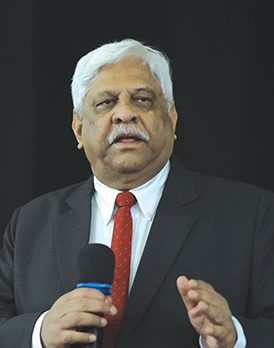
Lt. Gen. Kulkarni: enthusiastic response
In the fifth MasterClass, Lt. Gen. (Retd.) Surendra Kulkarni, former director of the routinely high-ranked Mayo College, Ajmer and currently Secretary of the Mayo College General Council, advised school leaders on ways and means to ‘Create a Transformational School: Approaches & Strategies’.
In his 70-minute address supplemented by 28 Power Point slides, Lt. Gen. Kulkarni drew upon behavioural economist and Nobel laureate (2002) Daniel Kahneman’s book Thinking Fast Thinking Slow and his theory of System 1 and System 2 decision making to stress the importance of school leaders distinguishing between System 1 (fast) and System 2 (slow, deliberate) processes. “School leaders need to learn when to make quick and slow, deliberated decisions. S1 thinking is near-instantaneous reactionary decision-making required in emergency situations. S2 decision-making is conscious, logical, and reflective, required for important decisions. S2 thinking is required when you need whole school transformation,” he said.
“Some change-making decisions can be made instantly. However, institutional transformation is a long-term process requiring careful deliberation. Leaders who want to transform their schools should understand this fundamental difference and not be misled that their short-term changes will be transformational,” said Kulkarni, whose lecture also elicited enthusiastic audience response.
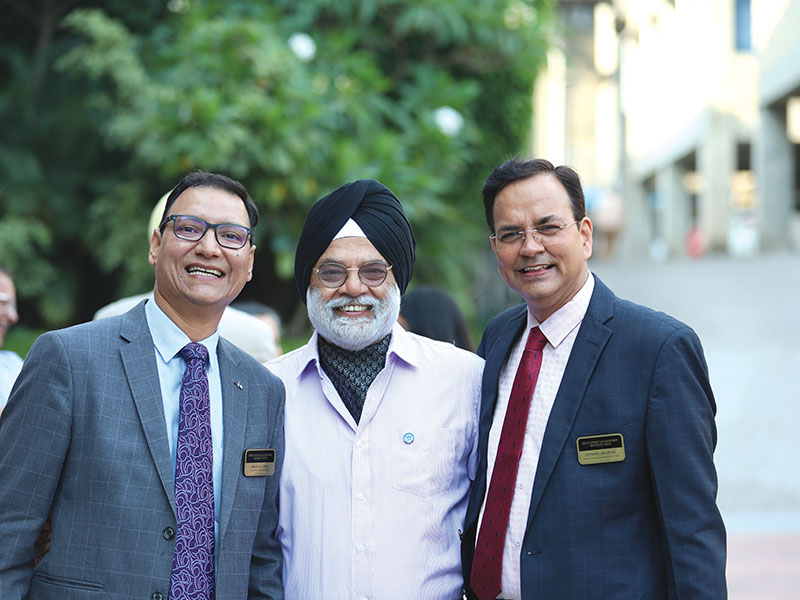
Host AJ Singh (centre): excellent opportunity
Moreover, Gen. Kulkarni advised school leaders to encourage teachers and students to develop a questioning institutional culture. “An important duty of a transformational leader is to maintain high enthusiasm levels and engage with teachers and staff. Transformational schools provide student -centric learning; concepts driven, technology enabled curriculums in which teachers learn faster than students; parents are partners rather than mere paymasters, and alumni are force multipliers. To prepare students for the AI age, it’s imperative for school leaders to create transformational, progressive 21st century schools,” he concluded.
Following Gen. Kulkarni’s brilliant address at the Lawrence School, Sanawar, a valedictory ceremony was held in which all 70 delegates to the inaugural EW-BSAI Education Leadership Retreat were presented participation certificates.
The three-day retreat ended with a one-hour campus tour of the vintage Lawrence School (estb.1847) with students narrating the history, heritage, traditions of the school, and a farewell lunch for delegates.
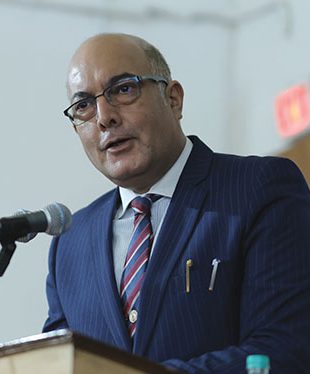
Dhillon: transformative experience
“It was a pleasure and honour for Pinegrove School to co-host this unique Education Leadership Retreat and welcome the 70 delegates from 16 states across India to the hills of Kasauli. It provided us an excellent opportunity to showcase our campus and best practices; our student volunteers got a wonderful opportunity to learn organisational and event management skills and our teachers the chance to interact with peers from across the country,” said Capt. A.J. Singh, Executive Director, Pinegrove School.
Himmat Singh Dhillon, Headmaster at The Lawrence School, Sanawar, also expressed “satisfaction” with ELR 2024. “We were happy to co-host this wonderful Education Leadership Retreat for heads of schools. The retreat has been a delightful and transformative experience for all participants and provided practical strategies for institutional improvement. It reaffirmed the importance of prioritizing the well-being and happiness of students and educators. This event, which was a resounding success, is a testament to Lawrence, Sanawar’s commitment to contribute towards raising teaching-learning standards across the country,” said Dhillon.
Some delegate responses
The inaugural EducationWorld-BSAI Education Leadership Retreat 2024 convened at the top-ranked Pinegrove School, Solan ranked India’s #1 coed boarding school in the EW India School Rankings 2023-24, and The Lawrence School, Sanawar, ranked India’s #1 vintage co-ed boarding school in EWISR 2022-23, attracted 70 school promoters, principals and leaders from 16 states countrywide. Some reactions.
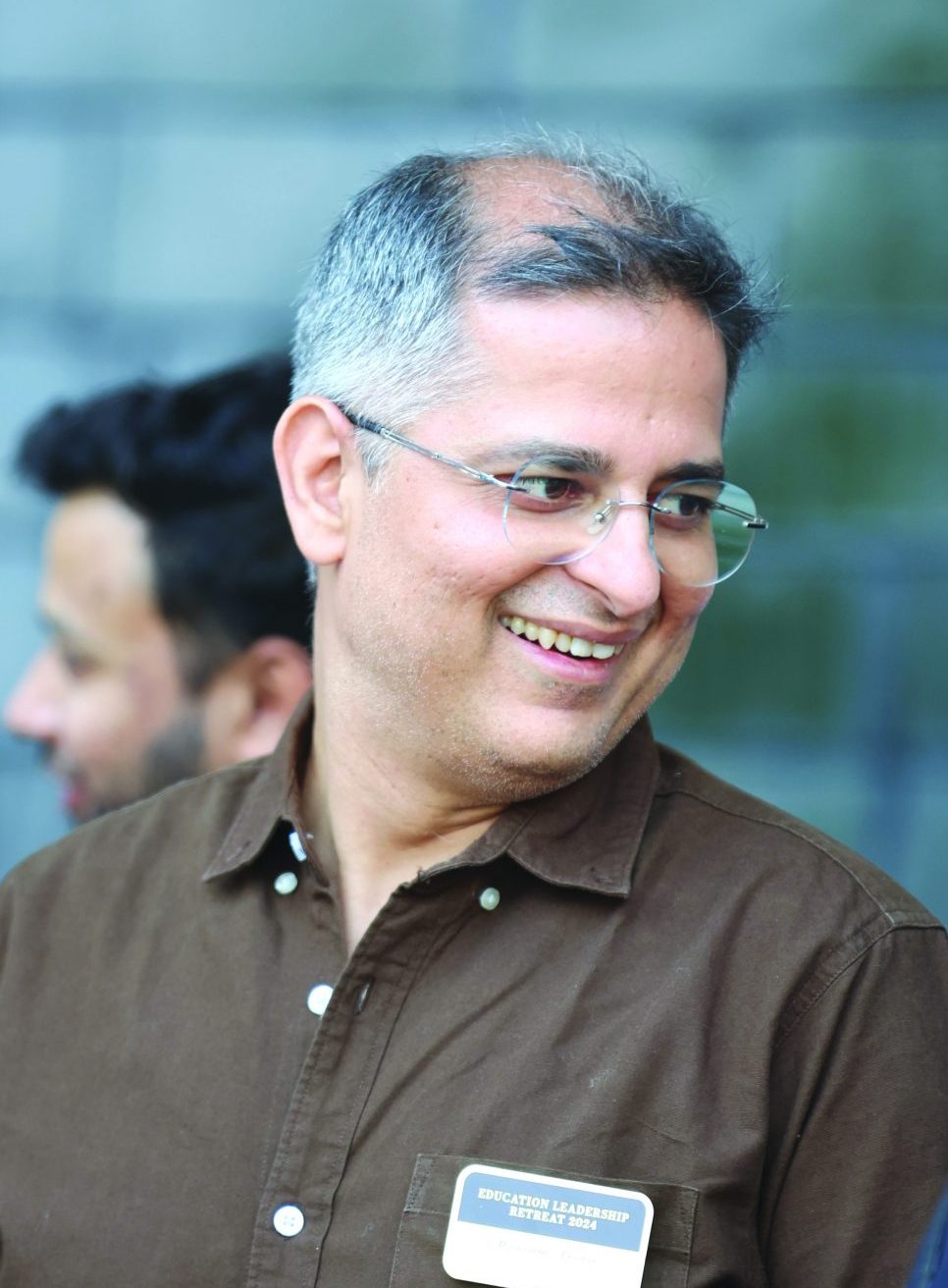 “It was an amazing experience to listen to highly experienced education experts discussing ways and means to develop school leaders. I loved the insightful Masterclasses, especially of Dr. Ameeta Mulla Wattal, Dr. Prajapati Trivedi, Dr. Jagpreet Singh, and Lt. Gen. Surendra Kulkarni, and the panel discussion on redefining assessment. Many thanks to EW and BSAI for convening this wonderful and memorable event!” — Mausam Arora, Founder, RIT Learningfields Pvt. Ltd, Delhi
“It was an amazing experience to listen to highly experienced education experts discussing ways and means to develop school leaders. I loved the insightful Masterclasses, especially of Dr. Ameeta Mulla Wattal, Dr. Prajapati Trivedi, Dr. Jagpreet Singh, and Lt. Gen. Surendra Kulkarni, and the panel discussion on redefining assessment. Many thanks to EW and BSAI for convening this wonderful and memorable event!” — Mausam Arora, Founder, RIT Learningfields Pvt. Ltd, Delhi
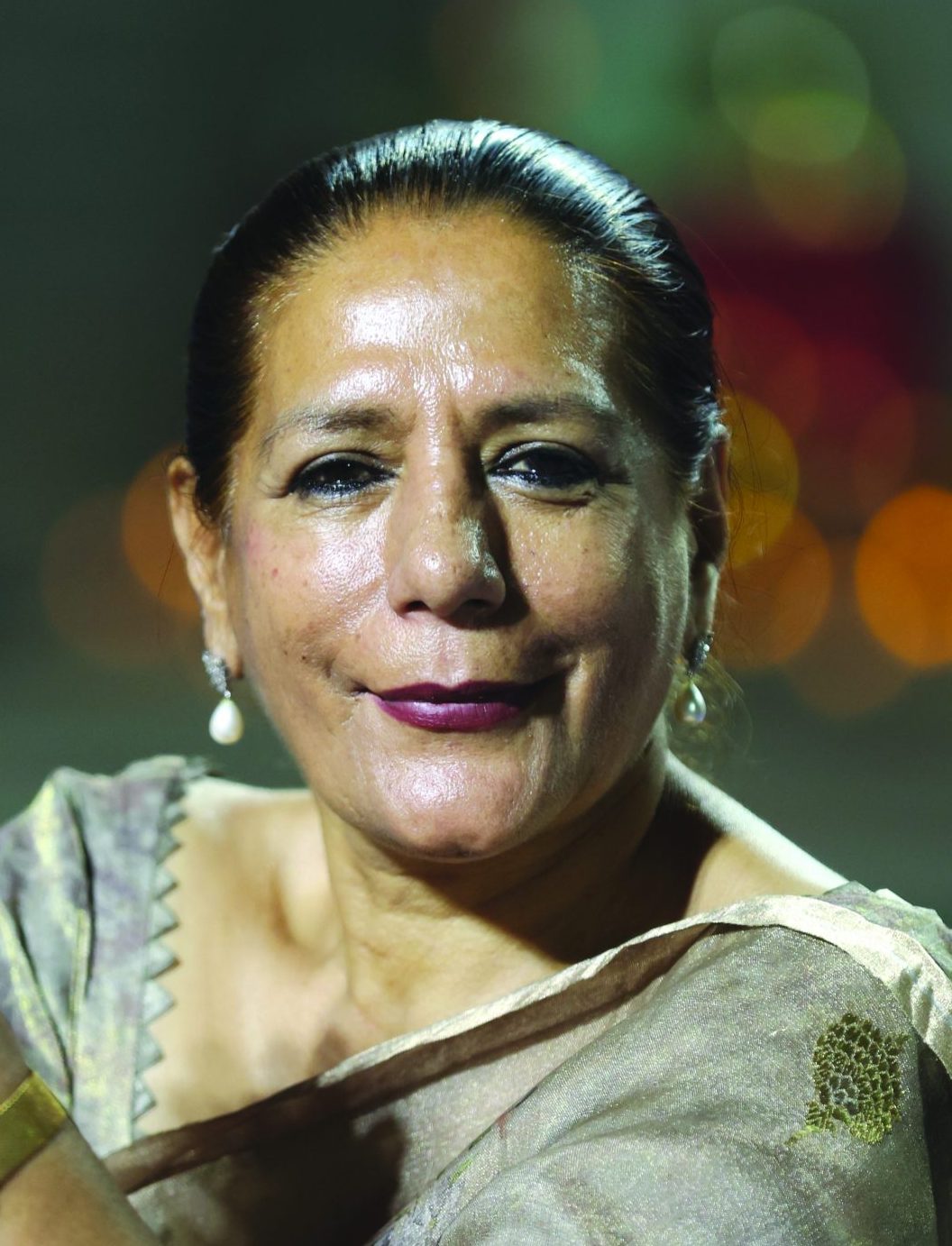 “The retreat was an event to remember and a wonderful opportunity to interact with extraordinary education leaders such as Dr. Sumer Singh, Dr. Ameeta Mulla Wattal, Gen. S. Kulkarni, Dr. Jagpreet Singh, Capt AJ Singh and Himmat S. Dhillon, among others. The goodwill, respectful attention, happy laughter, and intense conversations I experienced over three days in the Himalayan foothills prompted deep reflection and enthusiasm to acquire new knowledge and skills needed to develop leadership qualities” — Surjeet Khanna, educator and former founder-principal, DPS Greater Faridabad
“The retreat was an event to remember and a wonderful opportunity to interact with extraordinary education leaders such as Dr. Sumer Singh, Dr. Ameeta Mulla Wattal, Gen. S. Kulkarni, Dr. Jagpreet Singh, Capt AJ Singh and Himmat S. Dhillon, among others. The goodwill, respectful attention, happy laughter, and intense conversations I experienced over three days in the Himalayan foothills prompted deep reflection and enthusiasm to acquire new knowledge and skills needed to develop leadership qualities” — Surjeet Khanna, educator and former founder-principal, DPS Greater Faridabad
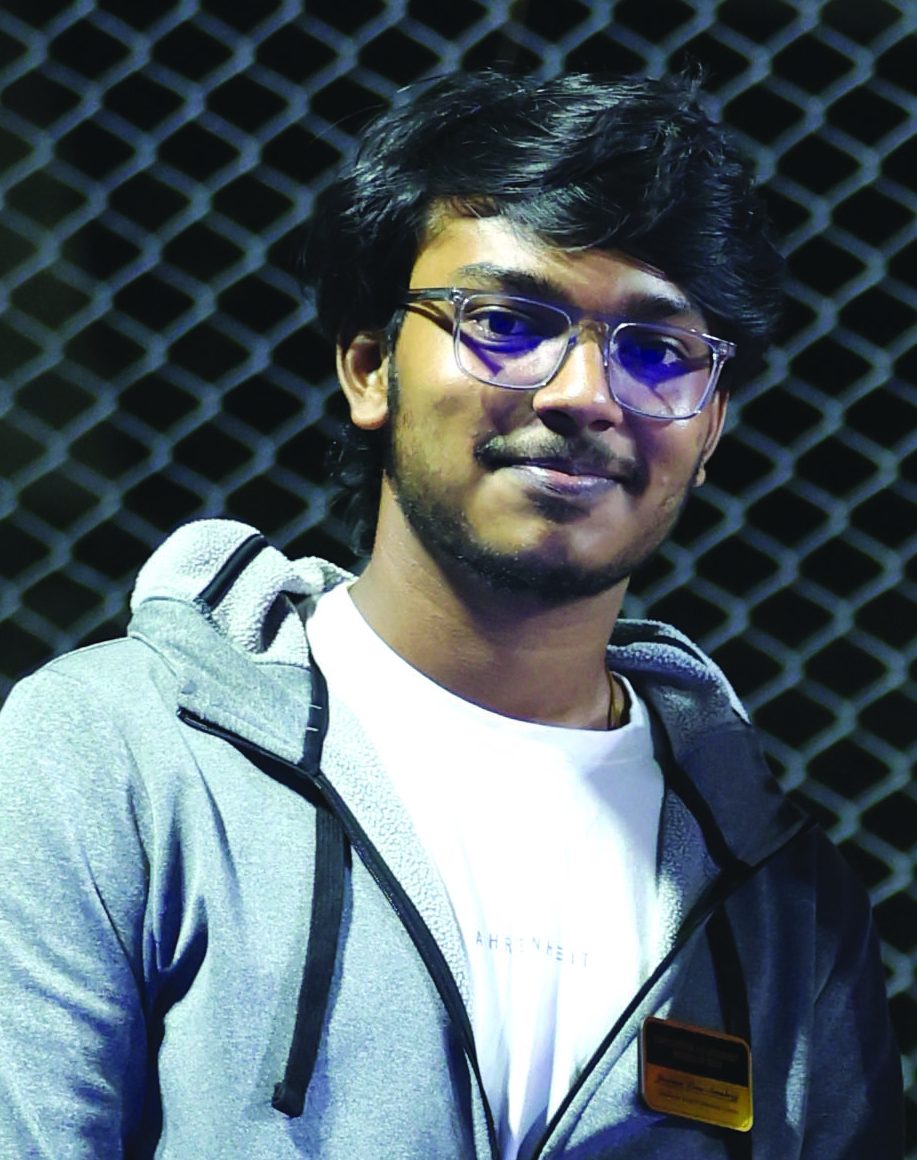 “As the youngest delegate at ELR 2024, it was a privilege to attend this fantastic retreat. Over three days, I had the honour of listening to nationally renowned education leaders. The Masterclasses were excellent and have sparked many new ideas. I also got the opportunity to network with education leaders from across the country. I look forward to attending more such retreats” — Joshua Thangaraj, representative, Little Flower Public School, Chennai
“As the youngest delegate at ELR 2024, it was a privilege to attend this fantastic retreat. Over three days, I had the honour of listening to nationally renowned education leaders. The Masterclasses were excellent and have sparked many new ideas. I also got the opportunity to network with education leaders from across the country. I look forward to attending more such retreats” — Joshua Thangaraj, representative, Little Flower Public School, Chennai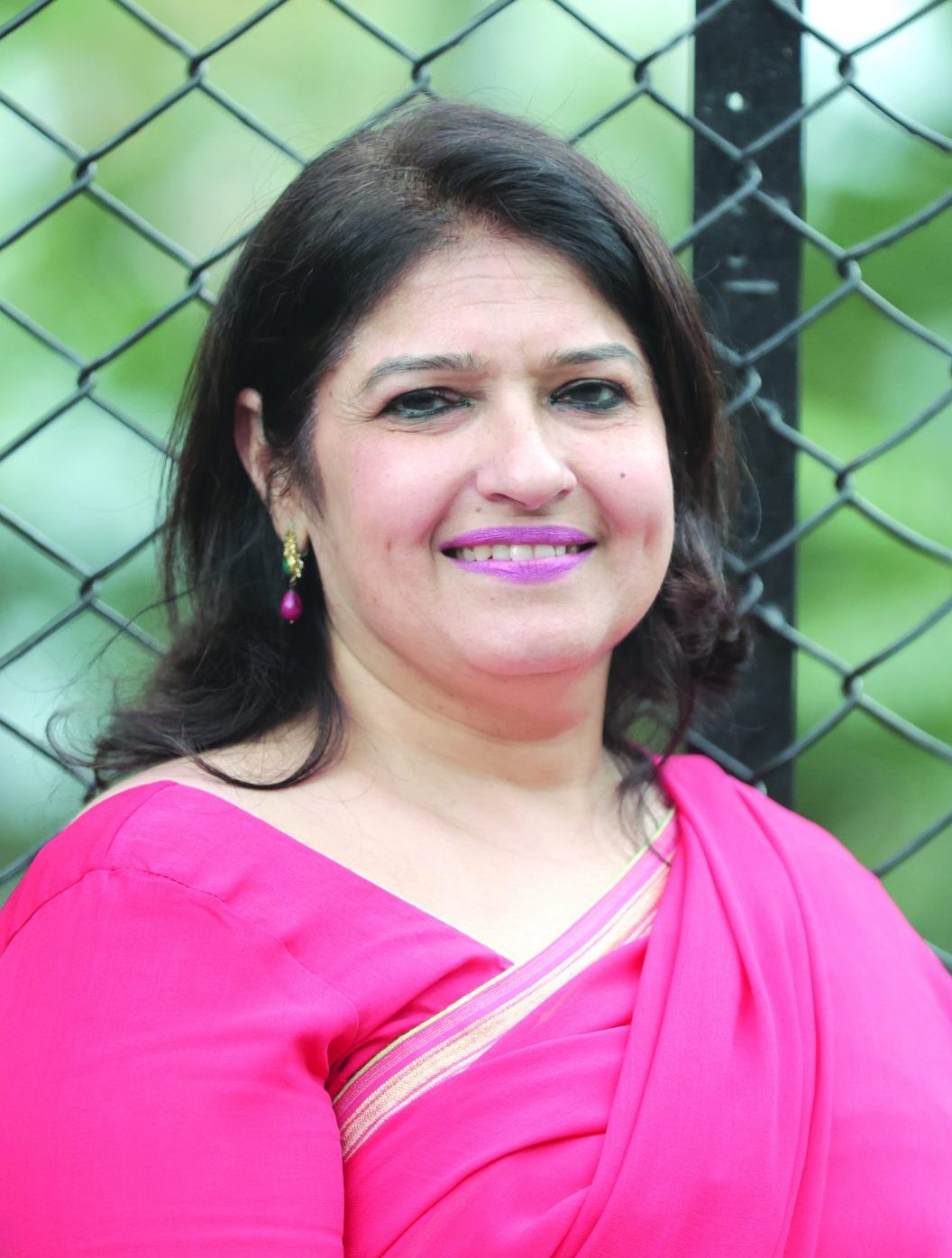
“This initiative of BSAI and EducationWorld was an extraordinary experience. It was wonderful to learn from stalwarts of Indian education as well as senior government officials. Meeting and interacting with education leaders from across the country has been an enriching experience. I am taking back great learning and wonderful memories” — Amrita Burman, Director, Sunbeam School, Varanasi
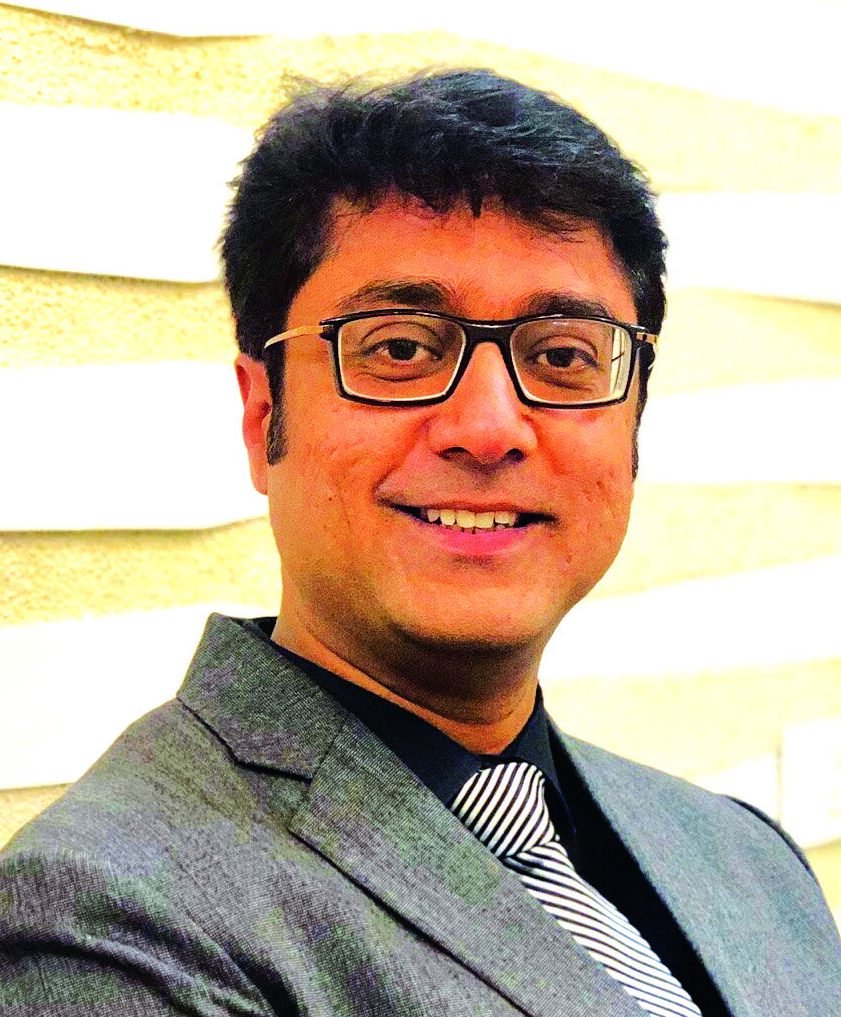 “Throughout my career as an educator, I have not witnessed an event of this type where educators from across the country assemble to learn about education leadership. The Masterclasses were excellent, and interaction with fellow educators was truly enriching” — Sachin Vats, Founder-Director, The Gurukul School, Ghaziabad
“Throughout my career as an educator, I have not witnessed an event of this type where educators from across the country assemble to learn about education leadership. The Masterclasses were excellent, and interaction with fellow educators was truly enriching” — Sachin Vats, Founder-Director, The Gurukul School, Ghaziabad
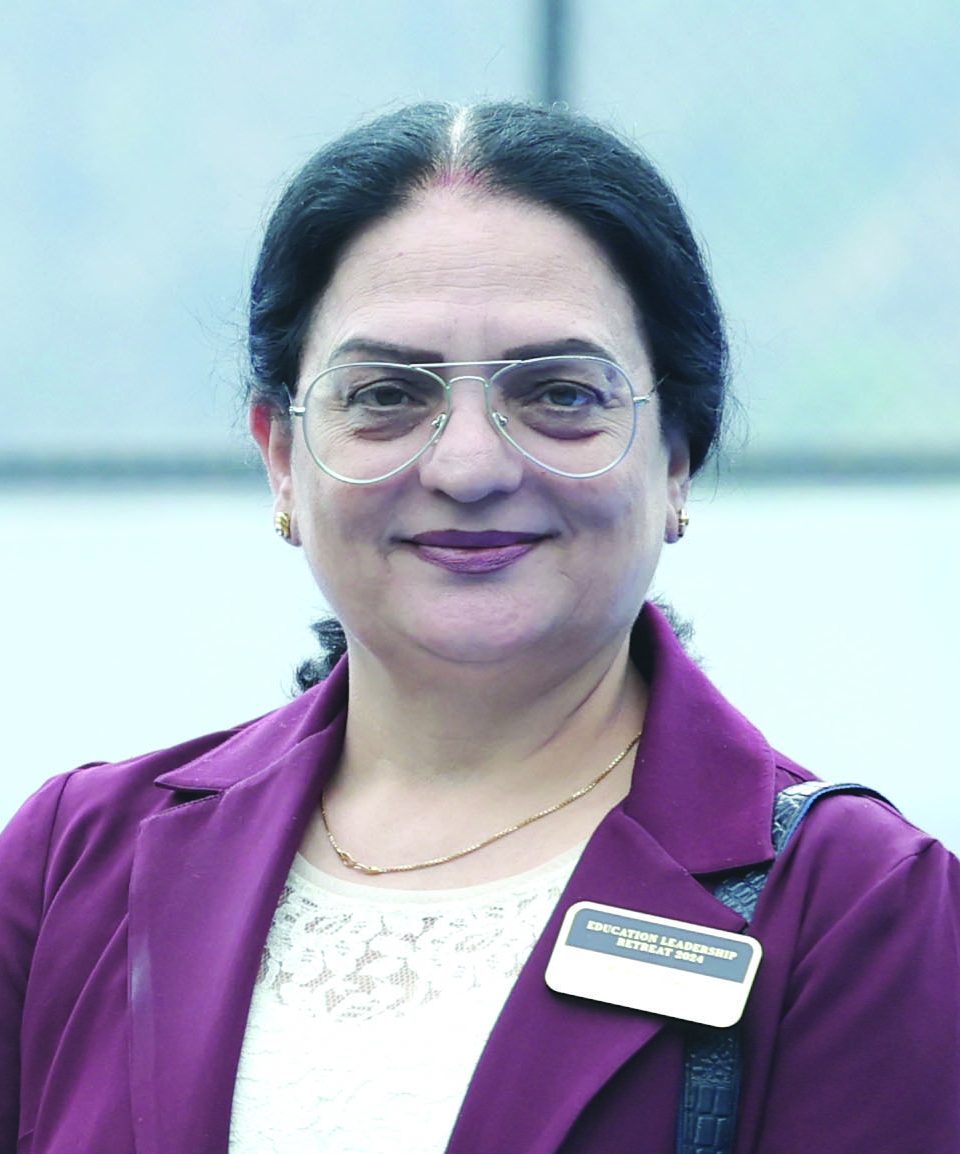 “I am very happy I signed up for ELR 2024. The speakers were excellent, eloquent and knowledgeable. Moreover, it was a delight to interact and learn from peers who had assembled from 30 cities across India. The retreat provided a great learning opportunity to revisit our school systems and leadership styles, and improve them for the betterment of Indian education” — Rohini Aima, Vice-Chairperson, Jammu Sanskriti School, Jammu & Kashmir.
“I am very happy I signed up for ELR 2024. The speakers were excellent, eloquent and knowledgeable. Moreover, it was a delight to interact and learn from peers who had assembled from 30 cities across India. The retreat provided a great learning opportunity to revisit our school systems and leadership styles, and improve them for the betterment of Indian education” — Rohini Aima, Vice-Chairperson, Jammu Sanskriti School, Jammu & Kashmir.
Also read: BSAI Conference





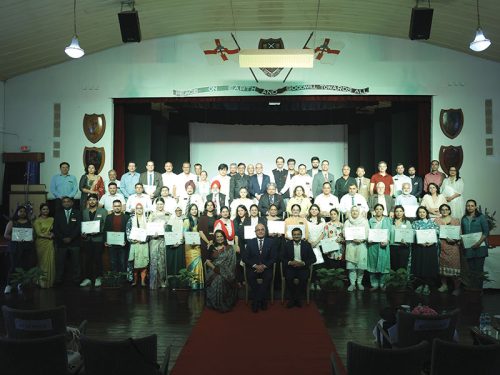

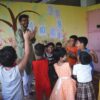









Add comment